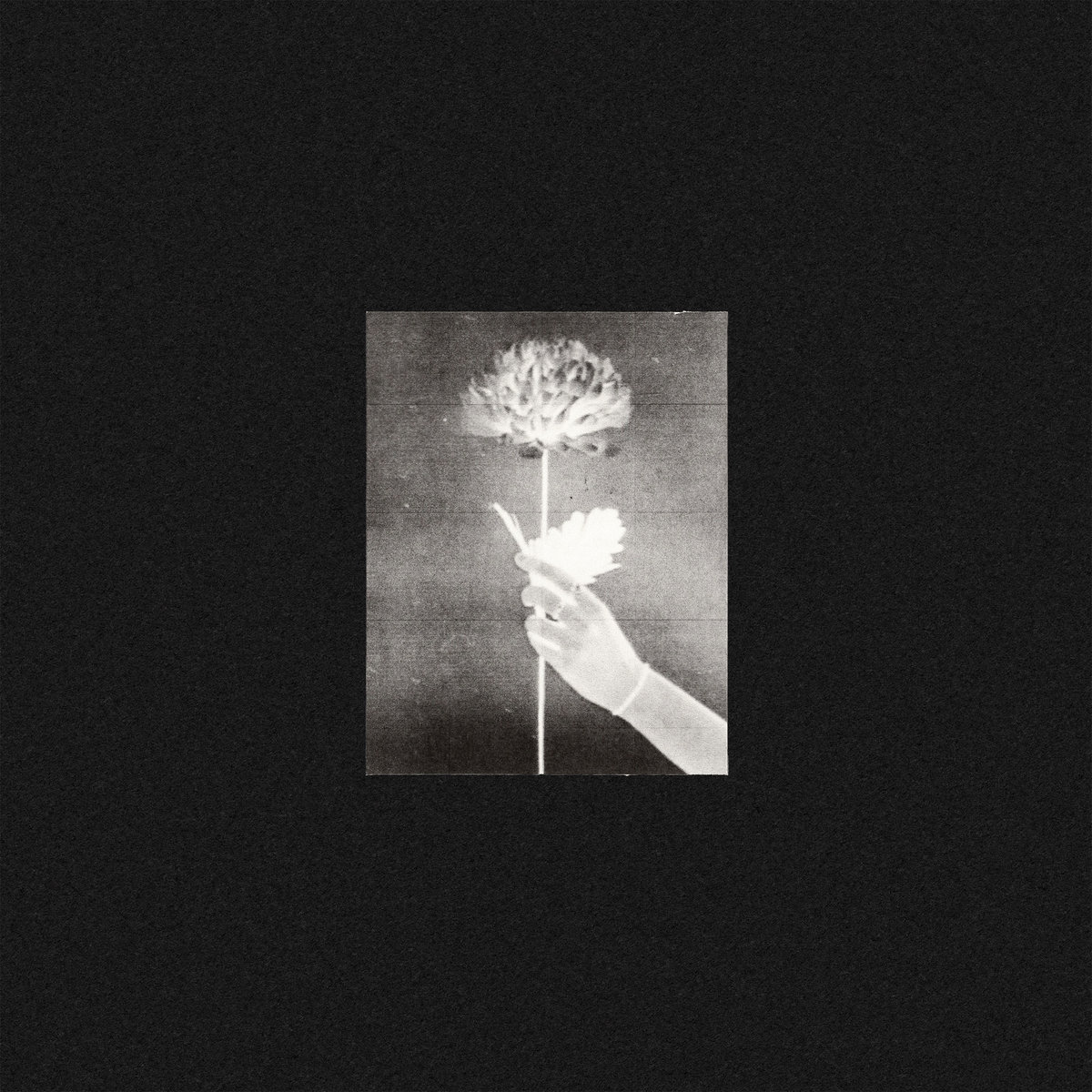White Flowers Day By Day

It took a decade before Cocteau Twins’ 1982 debut Garlands was treated to a just retrospective, with its reverb-heavy guitars credited beyond the gothic-rock echoes of The Cure, and Elizabeth Fraser’s wraithlike voice cherished beyond her parallels to Siouxsie Sioux. Sure, its album artwork was originally designed for the Banshees, but the Cocteaus’ facility to be both coarsely present while on the precipice of a dream seeped into a craft far greater than imitation. These landmark artists always linger across the critique of those who walk their footpaths, however impressive the new hike, and while a few more routes have been forged through dream-pop’s nature trail in the four decades since Garlands – from the modern masterpieces on the coastal tracks of Beach House to the various unfortunate erosions and dead ends of Cigarettes After Sex – there’s still no clear sonic exit from the country created by their antecedents. A mellow escapism still percolates the brutalist beginnings of shoegaze, psych and neo-noir. At first, nothing sounds remarkably different here, either, but the feet-staring intonations of Preston duo White Flowers manage to beautify and industrialize an incredible sound with a bleak and foggy romanticism; their debut album Day By Day is no copycat.
While co-produced by Jez Williams of Doves, White Flowers’ most astonishing success is perhaps the auditory adventure on which they take DIY music. Still largely self-recorded, that Day By Day could fool a cheap listen into labelling it revivalism is an impressive feat. The alien sirens of Joey Cobb’s guitar in ‘Night Drive’ are enough to fill a heathland, searing across flat plains and crisply curtailing the post-industrial landscape into bloom. “Flowers grow, then turn bad”, sings Katie Drew in ‘Daylight’, cautiously mirroring the sonic swoosh of Beach House’s ‘PPP’.
It’s a wall of noise cemented by her voice, both mapping the city of Preston and covering it in a fug of monochromatic psychedelia. White Flowers sound, for a moment, to Preston what Charles Baudelaire was to Paris, or Frank O’Hara to New York on his lunch breaks. But where writers run on detailed accounts and encounters, Drew’s lyrics are obstinately atmospheric, squinting through her eyelids at an ice cold sunrise and the falling sky – sentences which John Godfrey would describe to ooze with plentitude. The sound of the North at night swills here with the frustration of a sink-bowl hurricane in a clogged drain. It’s a strange type of dream-pop that owes as much to Robert Wyatt as it does Slowdive and company, and it’s beginning to reverberate a monolithic sound of their own.